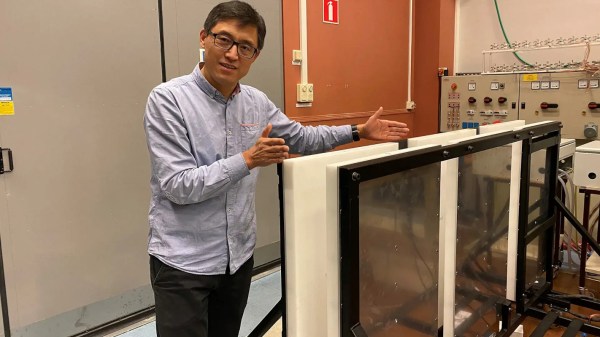Despite the increasing popularity of various electric vehicles, the limits of battery technology continue to be a bottleneck in their day-to-day use. They don’t behave well in extreme temperatures, they can wear out quickly, and, perhaps most obviously, charging them is often burdensome. Larger batteries take longer to charge, and this can take a lot of time and space, but this research team from Chalmers University are looking to make this process just a little bit easier.
The group has been developing an inductive wireless charging method for large vehicles including cars, trucks, busses, and ferries that can deliver 500 kW across a 15 cm (6 inch) air gap. The system relies on a silicon carbide semiconductor and extremely thin copper wire in order to make all this happen, and eliminates the need for any human involvement in the charging process. This might not be too much of a hassle for plugging in an electric car, but for larger vehicles like busses and ferries traditional charging methods often require a robot arm or human to attach the charging cables.
While this technology won’t decrease the amount of time it takes batteries to charge, it will improve the usability of devices like these. Even for cars, this could mean simply pulling into a parking space and getting the car’s battery topped off automatically. For all the talk about charging times of batteries, there is another problem looming which is that plenty of charging methods are proprietary as well. This charger attempts to develop an open-source standard instead.
Thanks to [Ben] for the tip!











